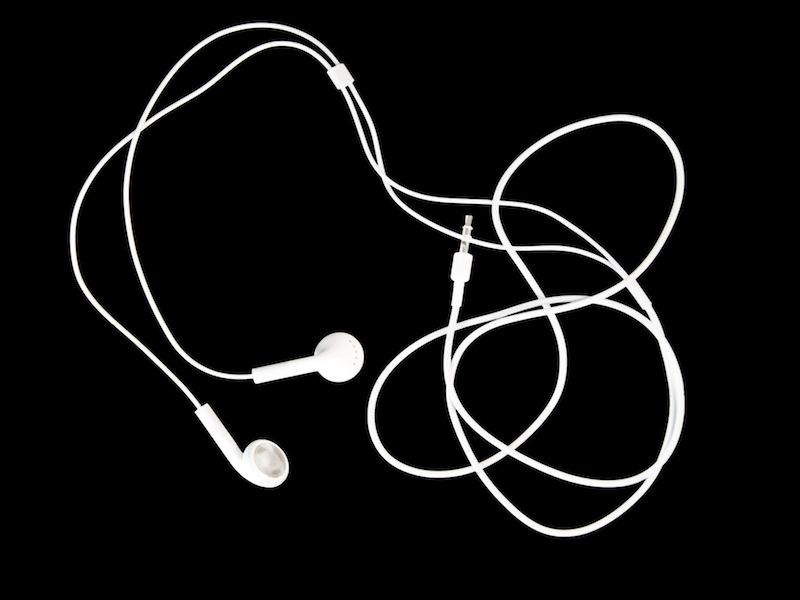
If you haven’t had your hearing checked since you were in grade school, you’re not alone. It’s not normally part of a routine adult physical and sadly, we often treat hearing reactively instead of proactively. In fact, even when they realize they have hearing loss, most people neglect it for up to seven years which can seriously affect your health. In fact, in the long run, it’s been proven that your general health cost will increase if you have untreated loss of hearing.
The good news, hearing exams are easy, pain-free, and give a wide range of facts for our professionals to assist you, both for diagnosing hearing concerns and evaluating whether interventions such as hearing aids are working. When you were a child, you may recall the audiometry test from school, but a full hearing test will give you a clearer understanding of your hearing without a lollipop or sticker.
It’s crucial that you regularly have your hearing checked even though you might not normally give your hearing as much consideration as your teeth or eyes. You might not recognize a problem with your hearing for a long time. Loss of hearing normally occurs gradually, and the earlier you recognize an issue with your hearing, the sooner you might be able to fix it.
How do You Know When You Should be Tested?
All newborns should be screened for hearing loss, and typically, the hospital does that before they are released. The American Academy of Pediatrics recommends that children undergo formal hearing exams when they are 4, 5, 6, 8 and 10 years old and that teenagers should have hearing tests during wellness appointments with their physicians.
If you are between the ages of 18 to 45, it is suggested that you have your hearing tested every five years and then more frequently as you get older. After you turn 60 you need to be tested every two years and if you are in between 46 and 60 every three years. But don’t allow that to stop you. Your unique situation will dictate when you should get a test. You should get your hearing examined right away if you find that it isn’t as good as it used to be. Untreated hearing loss has been connected to mental decline, depression and a greater risk of falls and other health problems. Your ability to work efficiently and your relationships can also be influenced.
And you should have a hearing exam, in some circumstances, as soon as possible if you have hearing loss that is getting worse quickly. An immediate hearing test is advisable if:
- You are experiencing a constant ringing in your ears
- Your ear was infected, or there was a buildup of earwax
- You find yourself having to constantly ask people to repeat themselves
- You are experiencing vertigo
- Pinpointing where sounds are coming from is difficult
- You are unable to hear conversations, particularly when in crowded areas
Whether you are at risk of hearing loss is another factor. As an example, if loss of hearing runs in your family or you are subjected to loud noises regularly you should have your hearing checked more regularly.
There are also more than 200 ototoxic medications. From Aspirin to certain antibiotics, these medications can be very harmful to your hearing. So that you can be sure none of your medications are affecting your ears, check with your doctor. Think about getting your hearing tested more regularly in order to address any hearing loss immediately if you are using any ototoxic medications.
Also, think about your habits and whether they may contribute to hearing loss. Are you using earbuds a lot? There’s been a significant increase in younger people who have hearing loss, which many experts connect to the increased use of earbuds and other headsets. Loud concerts, shows, or machinery can also do significant damage to your hearing. Schedule your hearing test today if it’s time for you to have your hearing tested.
